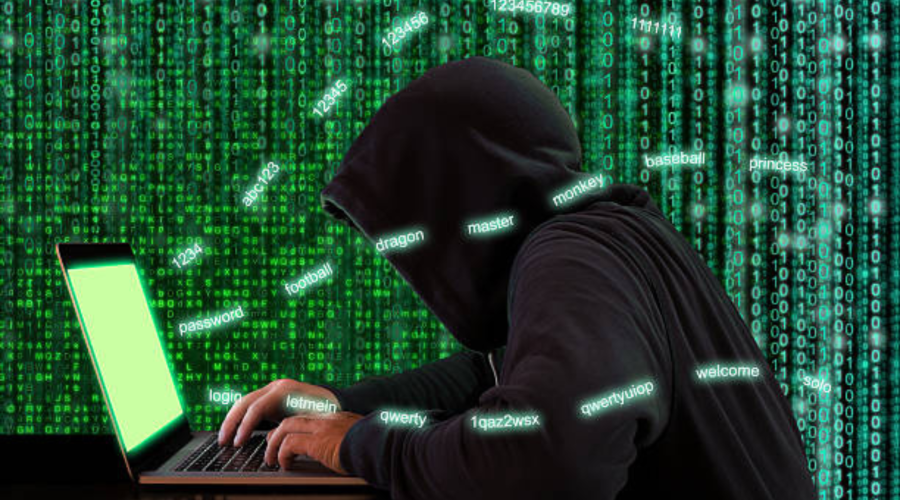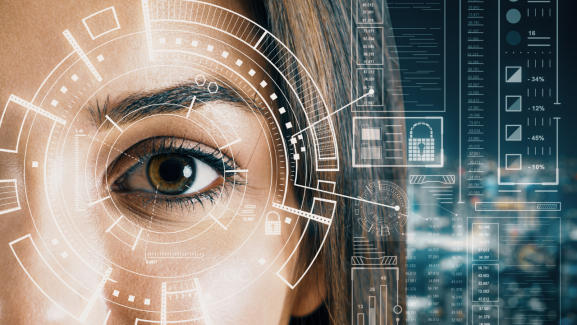Essential Cybersecurity Tips for Everyone
In today’s digital age, cybersecurity is a concern for everyone. With the increasing number of cyber attacks and data breaches, it’s essential to take proactive measures to protect your online identity, personal information, and devices. In this article, we will provide essential cybersecurity tips for everyone, from basic best practices to advanced security measures.
Cybersecurity Tips
1. Use Strong Passwords
Using a password manager is a game-changer for password security. Instead of trying to come up with complex passwords on your own, a password manager can generate and store unique, complex passwords for each of your accounts. This means you’ll have passwords like “G#4dK@8L!e” instead of “john123” or “letmein”.
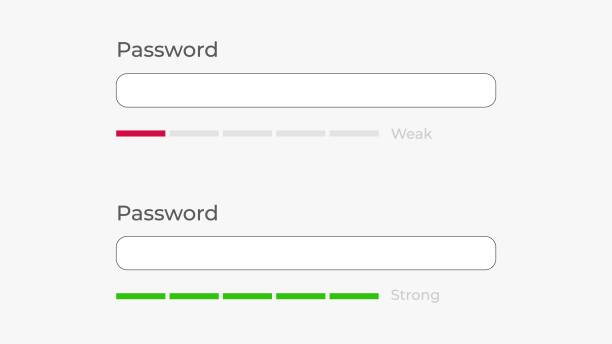
These generated passwords are virtually impossible to guess, and the password manager securely stores them for you, so you only have to remember one master password. This way, you can avoid using easily guessable information like names, birthdays, or common words, which are a breeze for hackers to figure out.
With a password manager, you can have rock-solid password security without the hassle of trying to come up with complex passwords on your own.
2. Keep Software Up-to-Date
Keeping your operating system, browser, and software up to date is crucial for maintaining robust security. Updates often include security patches that fix vulnerabilities and protect against newly discovered threats. By regularly updating your systems and software, you ensure you have the latest defenses against cyber attacks.
Enabling automatic updates whenever possible makes it even easier, as you’ll receive updates without having to lift a finger. This way, you’ll stay ahead of potential threats and avoid leaving your digital door unlocked for hackers to exploit.
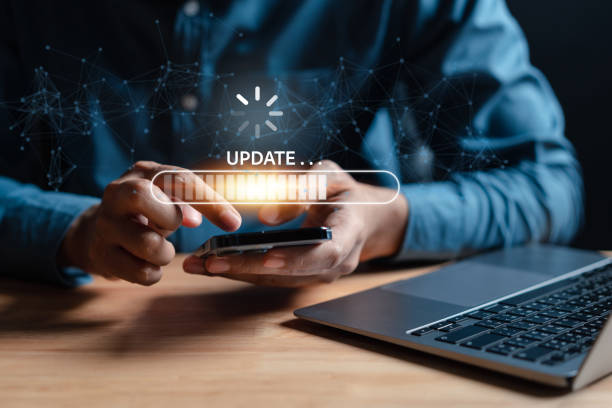
3. Be Cautious with Emails and Links
Be cautious when dealing with emails and attachments from unknown sources, as they may harbor malicious intent. Scammers and cybercriminals often use emails as a entry point to spread malware, phishing scams, and other types of cyber attacks. Be wary of emails that ask for personal information, urge you to take immediate action, or contain suspicious attachments.
Never click on links from unfamiliar sources, as they may lead to fraudulent websites designed to steal your login credentials or install malware on your device. Instead, verify the authenticity of such emails by contacting the supposed source directly, and always prioritize caution when interacting with unfamiliar digital content.
4. Use Two-Factor Authentication
Two-Factor Authentication (2FA) adds a crucial extra layer of security to your accounts by requiring a second form of verification beyond just a password. By enabling 2FA whenever possible, you significantly reduce the risk of unauthorized access.
Instead of relying solely on passwords, which can be stolen or guessed, 2FA requires a second factor, such as a code generated by an authenticator app like Google Authenticator or Microsoft Authenticator, or a physical token like a YubiKey.
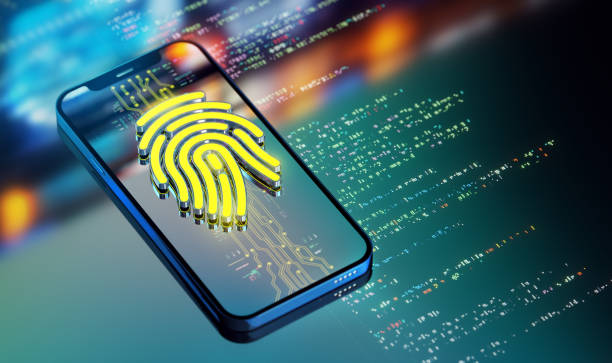
This means that even if a hacker obtains your password, they won’t be able to access your account without the 2FA code or token, providing an additional layer of protection for your sensitive information.
5. Back Up Data
Regular backups are essential to ensure the safety of your important files. Imagine losing precious memories, crucial documents, or irreplaceable data due to a cyber attack, hardware failure, or accidental deletion.
To avoid this nightmare, regularly back up your vital files to a secure location, such as cloud backup services like Google Drive, Dropbox, or OneDrive, or external hard drives like USB drives or NAS devices.
This way, your data is safely stored in a separate location, protected from potential threats. By doing so, you’ll have peace of mind knowing that your valuable files are secure and can be easily recovered in case of any disaster, ensuring your digital life remains intact.
6. Use a Reputable Antivirus
Installing and regularly updating antivirus software is a crucial step in protecting your devices from harmful threats. Antivirus software acts as a shield, detecting and blocking malicious attacks that can compromise your personal data, privacy, and device performance.
Ensure that your antivirus software includes protection against various types of threats, such as malware, ransomware, spyware, adware, and trojans. Regular updates guarantee that your antivirus software stays equipped with the latest virus definitions, enhancing its ability to identify and eliminate newly discovered threats.
7. Use a Firewall
Enabling the firewall on your device and network is a vital security measure that helps prevent unauthorized access and protects your data from cyber threats. A firewall acts as a barrier, monitoring and controlling incoming and outgoing network traffic based on predetermined security rules.
This setup ensures that only authorized outgoing traffic is allowed, while incoming traffic is blocked, providing an additional layer of defense against cyber threats, such as hacking attempts, malware, and ransomware attacks.
8. Use Encryption
Encrypting sensitive data and communications is like locking your digital valuables in a safe. Encryption scrambles your data, making it unreadable to unauthorized parties, ensuring that even if your data falls into the wrong hands, it will be useless to them. Virtual Private Networks (VPNs) take encryption a step further by creating a secure, encrypted “tunnel” for your internet browsing.
This means that your online activities, personal information, and sensitive data remain private and secure, even when using public Wi-Fi networks. Encryption and VPNs provide a powerful combination, safeguarding your digital privacy and security in an increasingly vulnerable online world.
9. Monitor Your Credit Report
Regularly checking your credit report is an essential step in maintaining your financial health and security. Your credit report contains sensitive information about your financial history, and unauthorized activity can be a sign of identity theft or fraud.
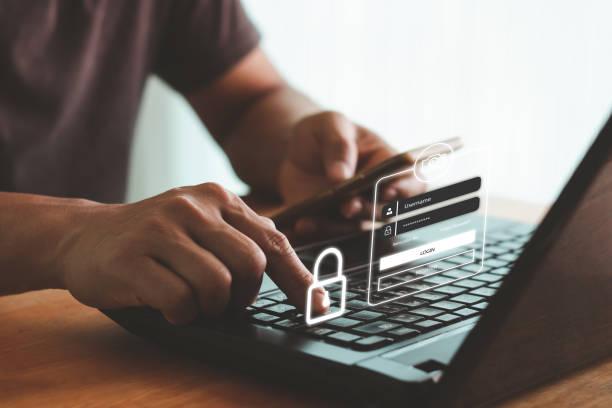
Consider taking it a step further by investing in a credit monitoring service, which can provide real-time alerts and notifications when changes occur in your credit report. This proactive approach enables you to stay on top of your credit situation, quickly identify potential threats, and take swift action to prevent damage to your financial reputation.
10. Stay Informed
Staying informed about the latest cybersecurity news and updates is crucial in today’s rapidly evolving digital landscape. This knowledge enables you to take proactive measures to protect yourself from potential attacks, such as updating software, avoiding suspicious links, and using stronger passwords.
Awareness of cybersecurity news and updates also helps you understand the severity of threats, identify potential risks, and make informed decisions about your online security.
Cybersecurity is a shared responsibility that requires everyone’s attention. However, cybersecurity is a constantly evolving field, and staying up-to-date with the latest knowledge and skills is crucial.
Take the first step towards enhancing your cybersecurity expertise with estreet Security University’s comprehensive training programs.
Contact us today to learn more!

